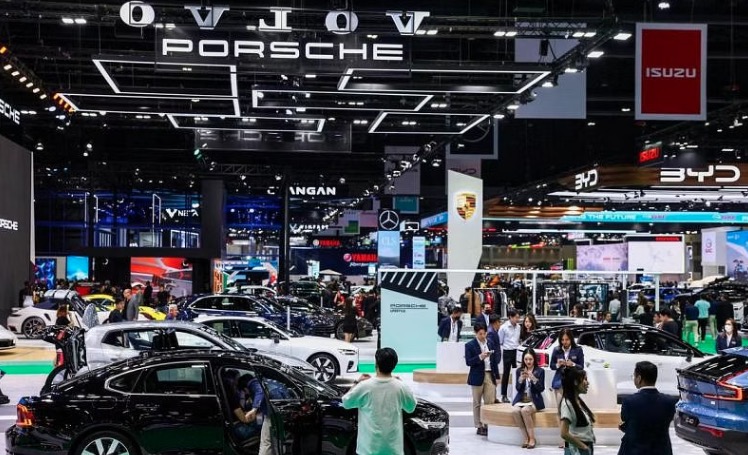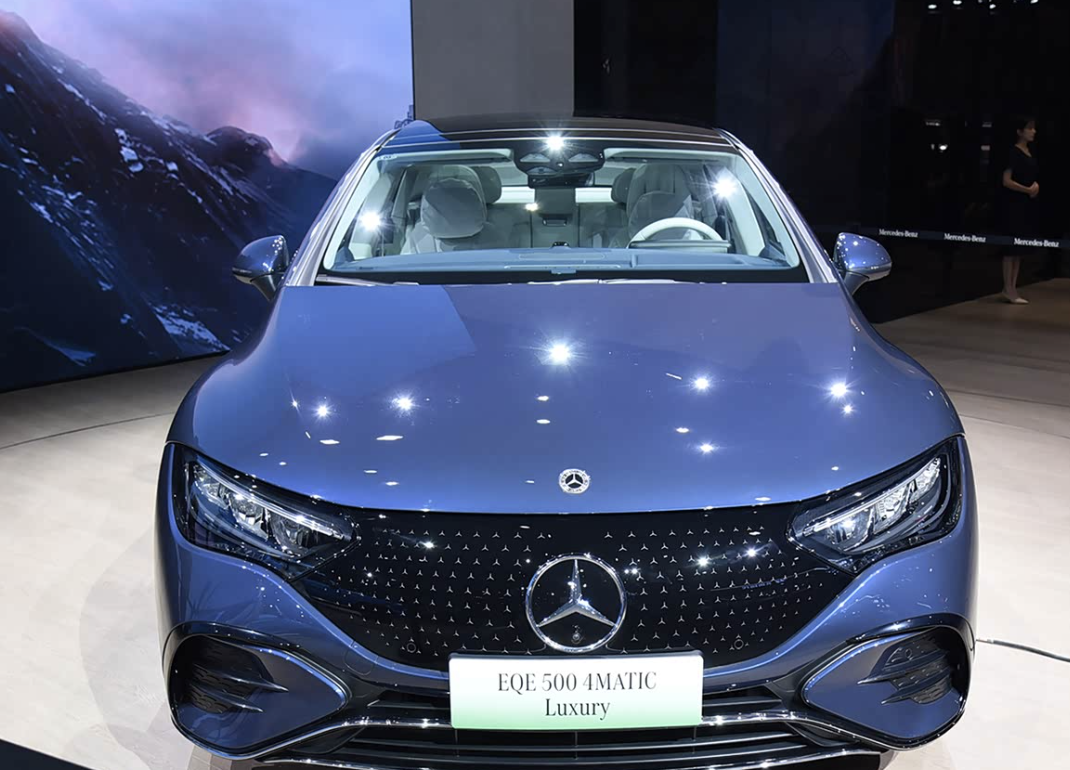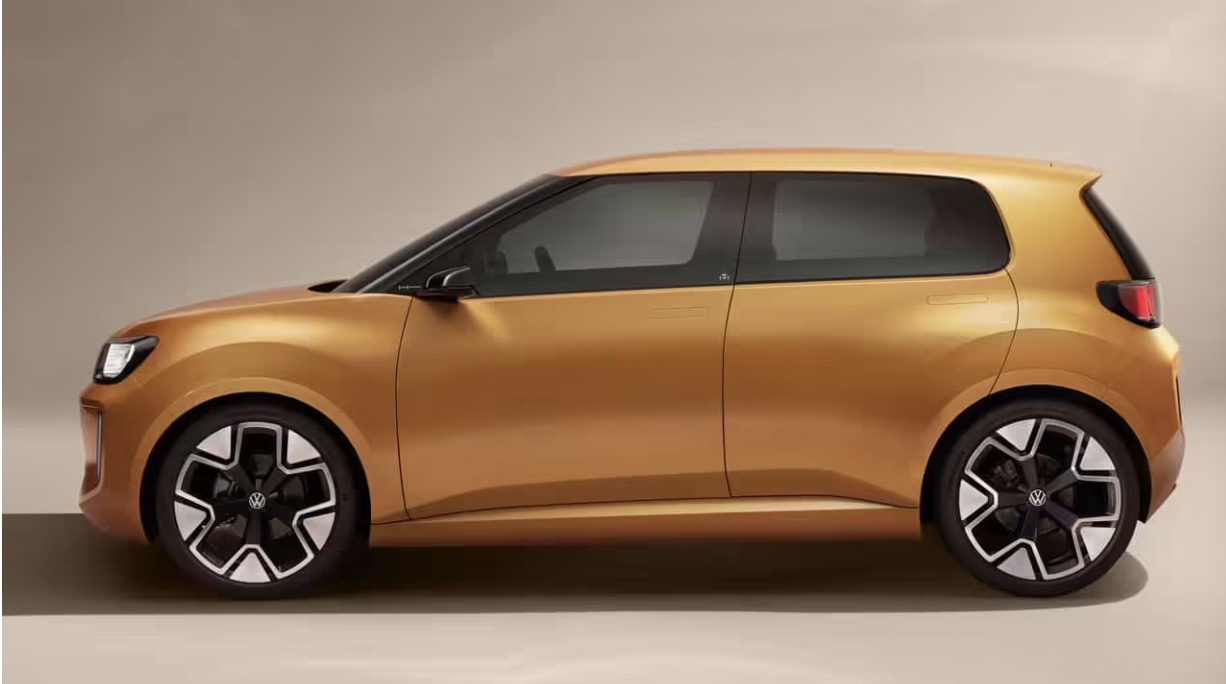At the Bangkok International Motor Show held last month, a senior executive of China’s Hozon New Energy Automobile Company made a bold statement – to double the sales in Thailand this year to 30,000 vehicles. The electric vehicle brand of Hozon Automobile is called Neta, and with its streamlined fashionable design, 105,563 Neta electric vehicles have been sold globally. In addition to small car companies like Hozon Automobile, there are also leading electric vehicle companies in China like BYD, which has an annual global sales of more than 3 million vehicles, and the low-priced hatchback electric vehicles are priced at only about US$10,000 .
Japanese traditional car companies do not have similar electric vehicle products to compete with Chinese new energy vehicles, and can only suffer beatings in the electric vehicle markets in many places. In Thailand, the market share of Japanese car companies dropped by 8.2 percentage points last year, falling below 80% for the first time in many years, and the market share of Chinese cars reached 10%.
Hozon Automobile originally planned to double the production of its Thai factory within five years, but Vice President Wang Chengjie said, “I don’t think we need to wait for five years. This goal will be achieved soon.”
Chinese new energy vehicle companies like Hozon Automobile are based in Thailand and look to a wider Southeast Asian automotive market. According to the statistical data of the Japan External Trade Organization, the sales and registrations of new cars in ASEAN countries in 2022 increased by 18% to 3.27 million vehicles, making ASEAN one of the largest automotive markets in the world, second only to Japan, which ranks fourth globally, and Germany, which ranks fifth.
Thailand has benefited from the industrial supply chain established by Japanese car companies for internal combustion engine vehicles and has developed into the largest automotive manufacturing center in Southeast Asia, with the reputation of “Asia’s Detroit”. This has attracted electric vehicle manufacturers such as BYD and Great Wall Motor to invest in Thailand and make good use of the local mature labor force and supply chain.
Chinese car dealers not only have established factories in Thailand, but also exported a record number of new energy vehicles to Thailand and other countries. China has surpassed Japan to become the world’s largest automobile exporting country.
Analyst Miyao Ken of the Japanese automotive information company Carnorama said that from the changes in the automotive markets in Thailand and other countries in the region, “Japanese car companies can no longer be complacent.”
According to Bloomberg New Energy Finance reports, although electric vehicles accounted for only 1% of passenger car sales in Southeast Asia in 2020, this number will reach 14% in 2030 and could even reach 64% in 2040.
However, Japanese car companies are not just taking beatings without fighting back. Considering the demand of Thais for pickup trucks, Toyota announced plans to introduce an electric version of the Hilux pickup truck in Thailand by the end of 2025, and Isuzu also released the first electric version of the D-Max pickup truck at the Bangkok International Motor Show.
Thailand is a major agricultural country, and pickup trucks accounts for 40% of new car sales, so the pickup truck market is a battleground for all. It remains to be seen who will win the competition between Chinese and Japanese car companies in Thailand.



